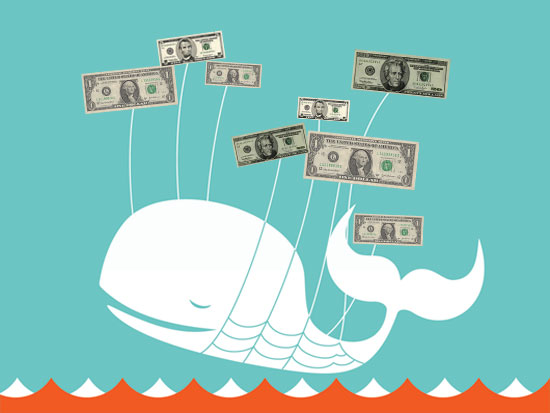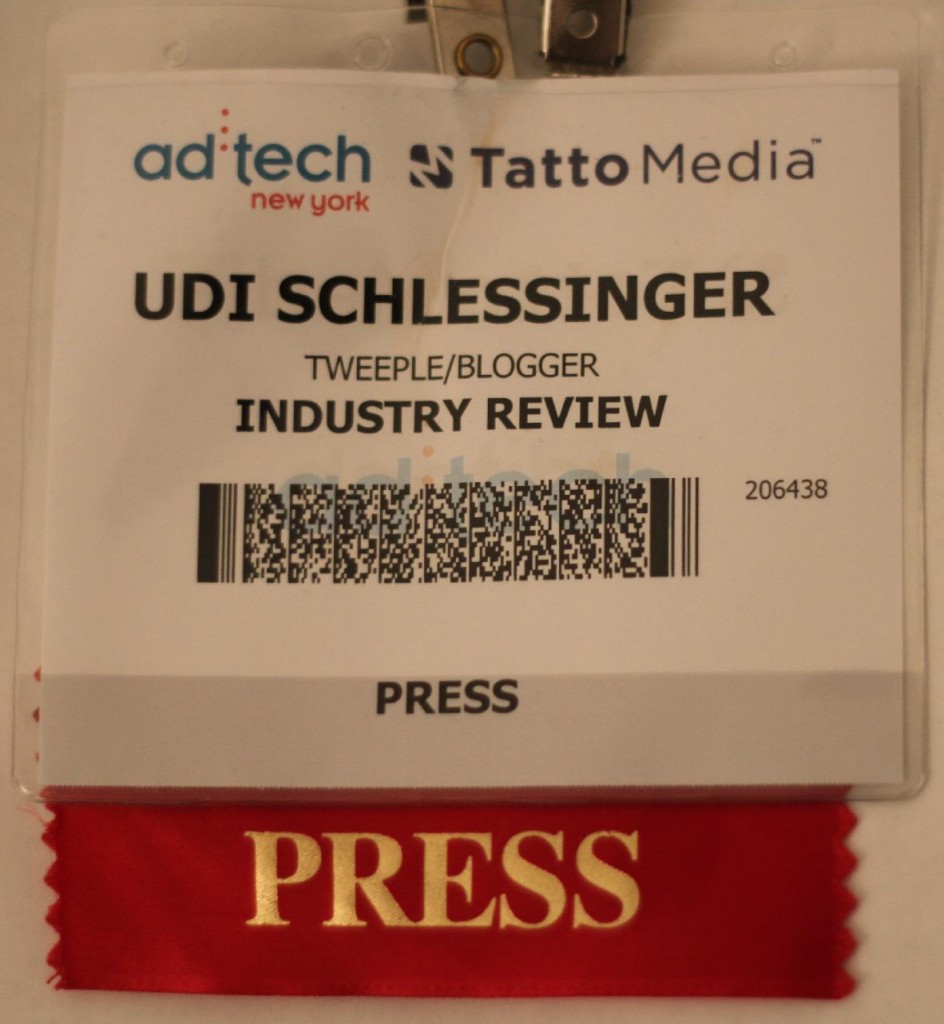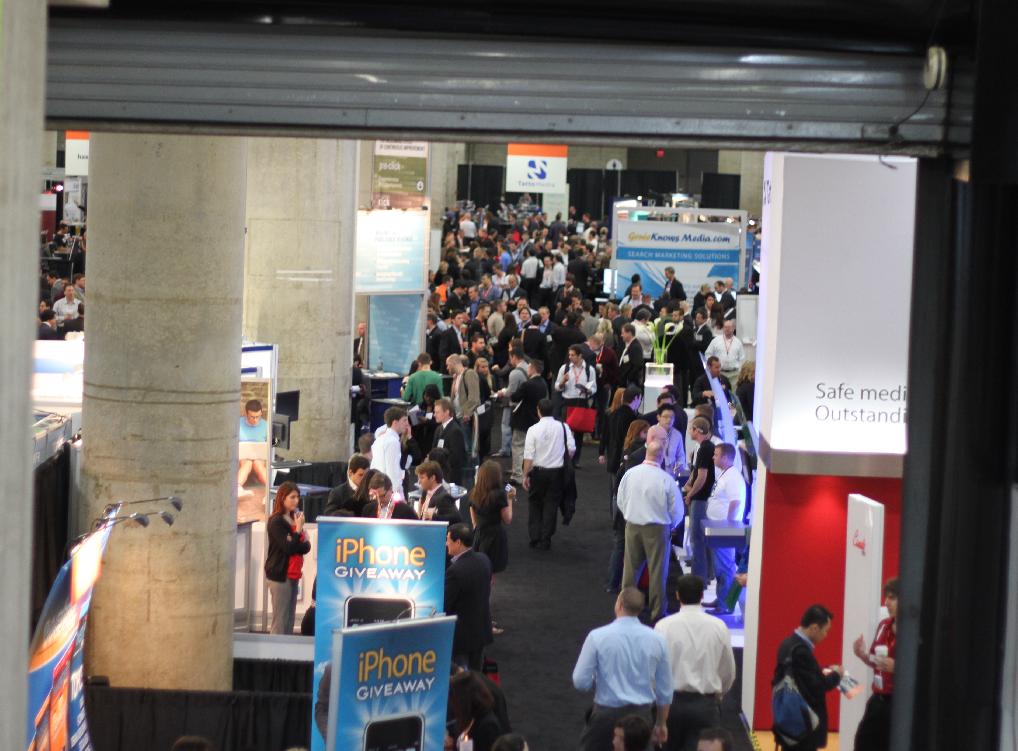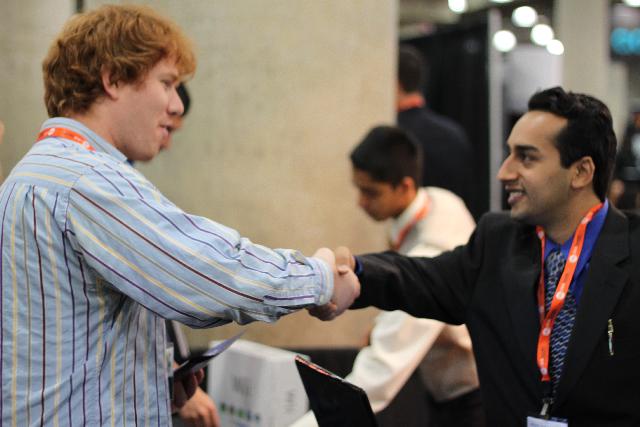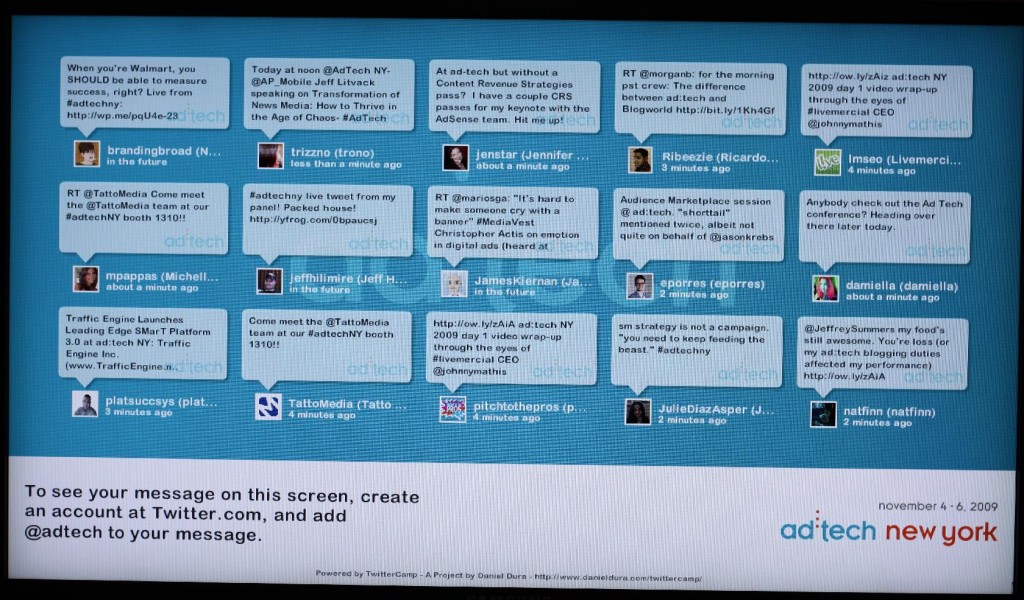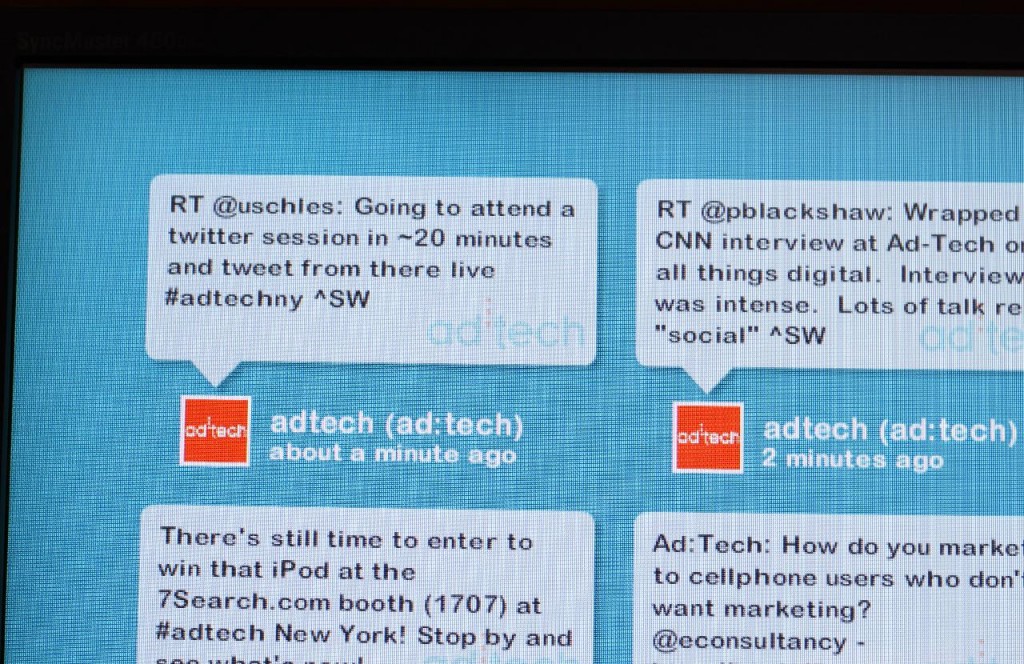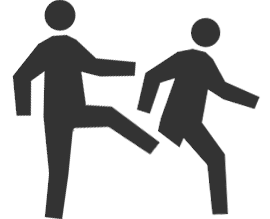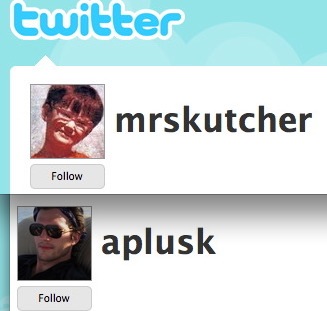
Originally I intended to write a summary of “my 2009”. But after reevaluating this, I decided to make it shorter.. or better phrased, easier to digest. Just share some of the lessons I learned this year. I’m mixing both the personal and the professional here, though items are generally grouped together.
Overall, 2009 was a great year. There were some rough moments, both personal and professional, but the positives far outweigh the negatives.
In 2009 I learned:
- That as suspected, having no boss and being self employed would result in (easily) more than twice the amount of hours that I worked when I had a boss. Even when considering investment banking (notorious for demanding a lot of hours).
- That even though I am smart, an excellent planner and a hard worker… I sometimes lack focus. And focus matters more than I realized. This one was a very valuable lesson.
- That working insane hours but having much more time to spend with your family is SOOOOOOO worth it.
- That working after 4am can cause you the equivalent of a hangover. Since then I try (and often fail) not to do so.
- That “Do No Evil” is just something that Google says, but nothing more than that.
- .. and that things can change in a way you’d never expect: Who knew I would ever be rooting for Microsoft?
- That twitter is not just about sharing “what I just ate” (admittedly, I used to think so too) but rather a wonderful, albeit addictive, medium for meeting friends and making business connections.
- …yet sharing “what I just ate” occasionally results in the most fascinating discussions.
- That Twitter includes the entire range of the human spectrum: the best, kindest and most wonderful people you’ll ever meet, and also some of the worst. And that “Block” is a wonderful option for the latter.
- That Twitter allows one to find many people who need help but don’t know how to ask for it.
- … but also that it’s wise to draw lines, otherwise you may get pulled in and (at times) blamed for some of their troubles. A lesson I learned the hard way.
- That some celebrities are extremely friendly, and yet other people at times act like the worst celebrities regardless of the fact they’re no different than you and I (often less, actually).
- That being a Twitter ex-con makes you tougher… kind of. Okay, it just makes you less talkative which may make you appear tougher (see my blog post on Twitter Jail).
- That blogging about “professional subjects” leaves enough room for humor and self expression (until this year I’ve only had personal blogs).
- That some spammers have a well honed sense of humor (see my two posts on spammers: spammers types, and spammers jokes).
- That a good affiliate manager is worth his/her weight in gold (and if we’re talking about a really thin one, then platinum).
- That sometimes you really need to listen to your instincts, but other times you really need to ignore them. Both professionally (in this case, talking CPA offers/Landing pages/Ad copy), and personally.
- That due to the secretive nature of affiliate marketing, the good ideas usually stay with you, while the bad ideas get rehashed, repackaged, and resold.
- …and I wish I could say more about the former…
- That PPV is just awesome.
- … but other times it’s not fun watching your entire budget evaporate in 20 minutes without any positive results.
- That the most successful people – at least in affiliate marketing – are usually the most modest ones (or the most silent ones – sometimes it’s easy to confuse the two).
- That it’s hard finding people who truly want to collaborate as a team. But when you do… it’s the best thing.
- That quotes are a great way of saying what you want to say without saying it. And that sometimes this is very important (yes, being cryptic is part of the point here 😉 )
- That some friends don’t even give the tiniest of warnings before they decide this world is not for them. Kaya, I wish I got to know you better before you left us. I hope you are at peace, wherever you are. (I intended for this to be the last item, but I don’t want the last one to be sad… and the next one relates in a way Kaya would have found amusing, I think).
- That being deprived of cupcakes is extremely dangerous (more about that in future posts).
- That I can survive on my own cooking (who knew?).
- That having a character named after you in a book is, like, the coolest gift ever.
Can you believe it’s already 2010? I feel it was just 2000 maybe 2 years ago… how did a whole decade pass so quickly? Personally, I think 2010 is going to be fantastic – I just know it.
Happy new year everyone!

